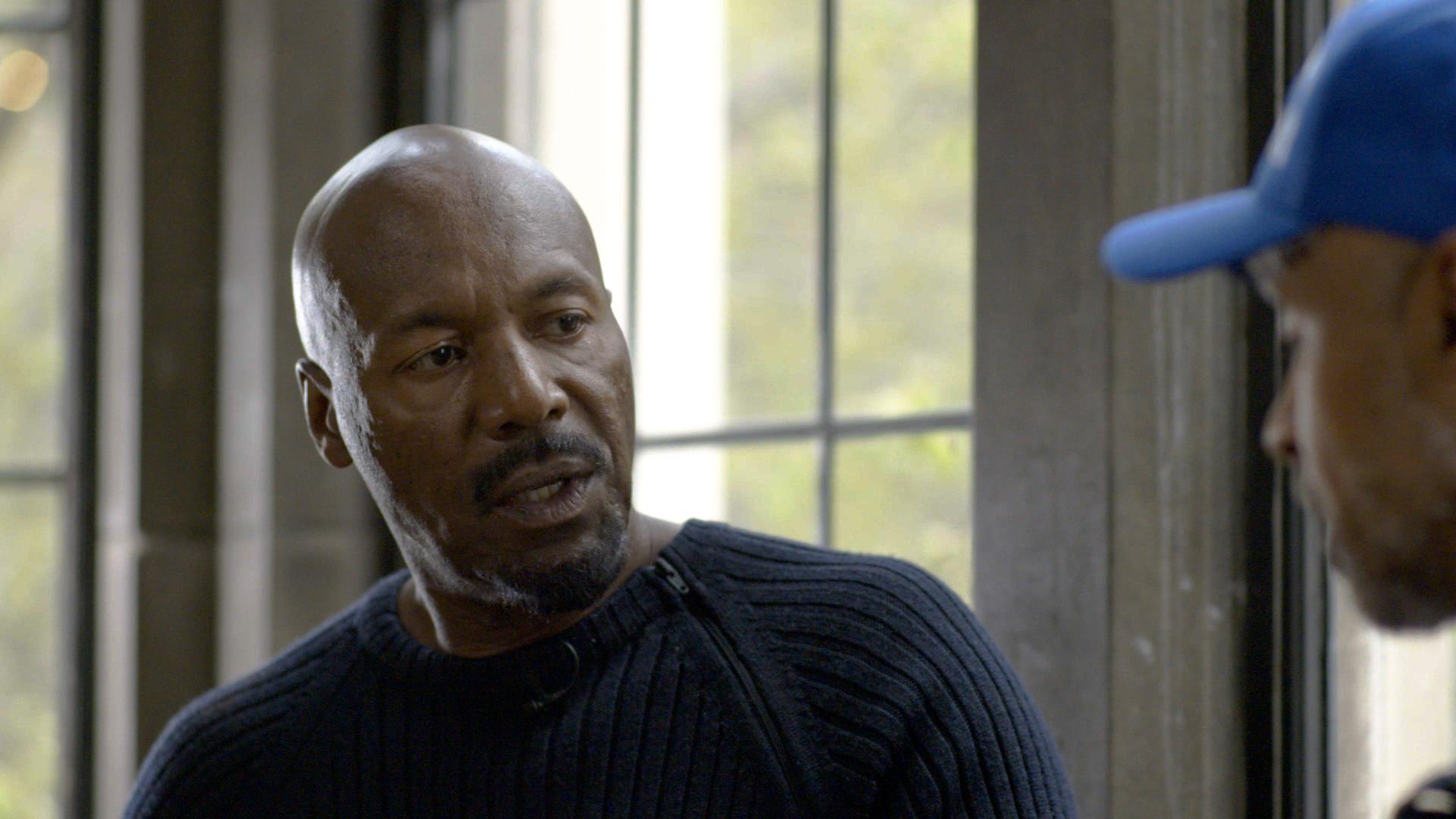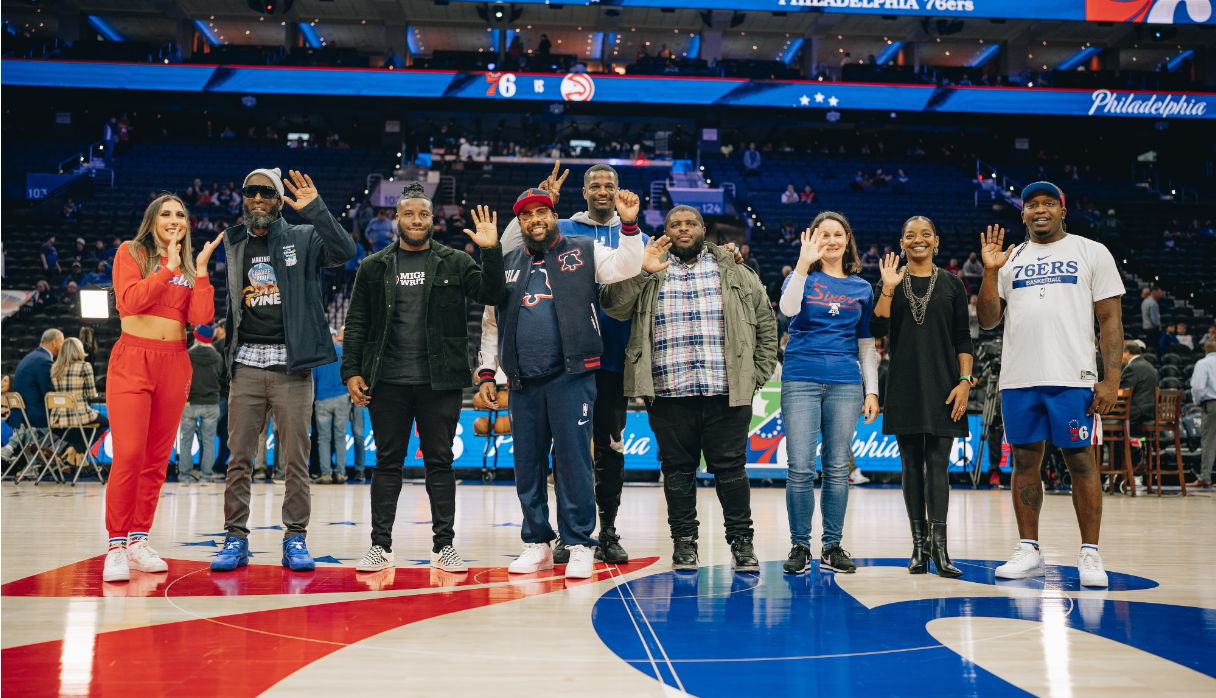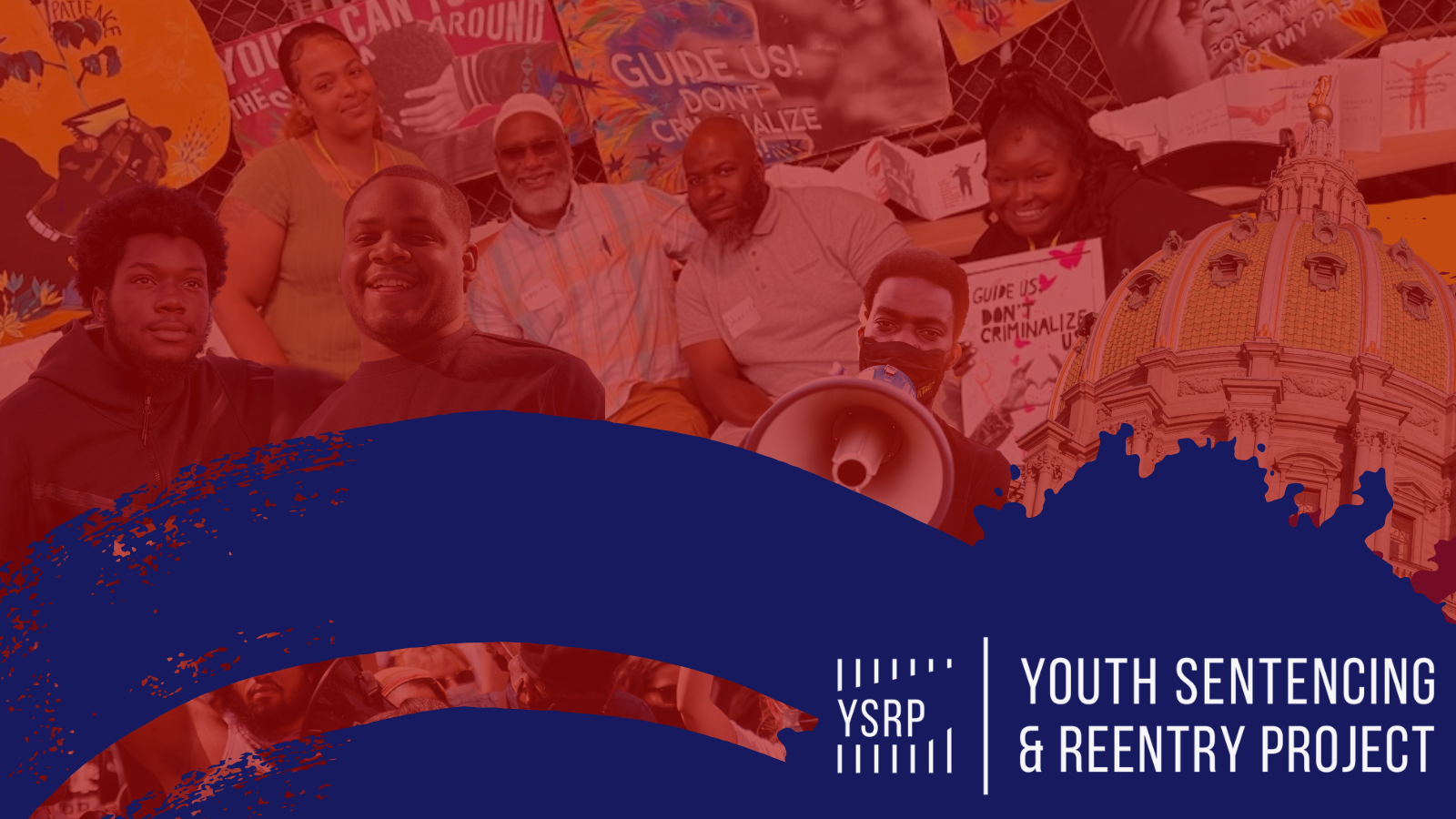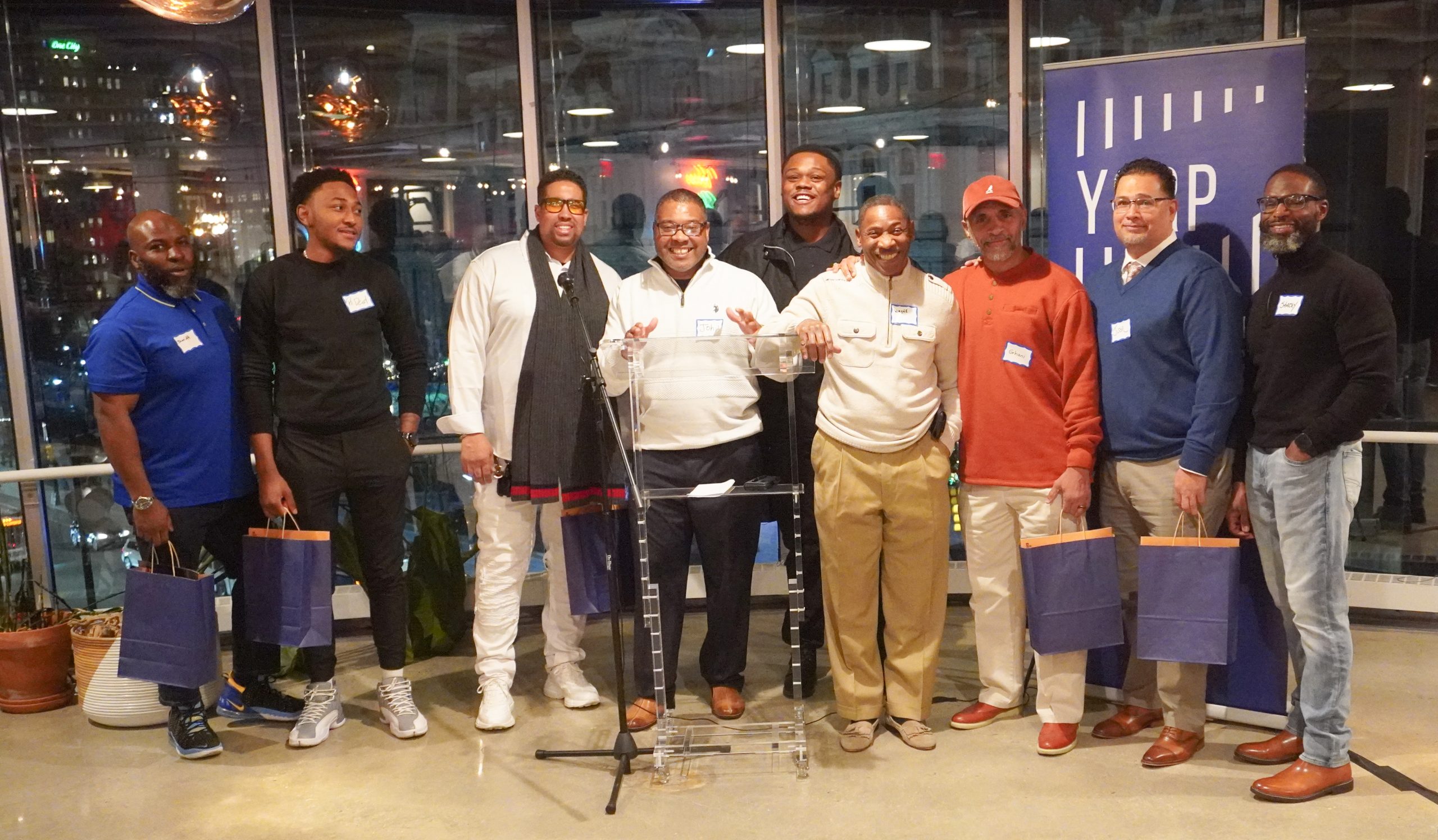In a recent episode of “Returning Citizens: Life Beyond Incarceration” featuring YSRP, host Paul Butler…
YSRP Featured Alongside Police Commissioner Kevin Bethel in a Special Segment of Fox29’s “SOS: Juvenile Justice”
Following a recent increase in incidents of gun violence among Philadelphia’s youth, Fox29’s Kelly Rule welcomed representatives and advocates from the juvenile justice sector for a special segment: SOS: Juvenile Justice. Among them was Kevin Bethel, who was sworn in as Police Commissioner in January under the Parker Administration.
Bethel served for nearly 30 years as the Department’s chief of school safety for the School District of Philadelphia. In that role, he oversaw the implementation of District-wide school safety best practices. His work in juvenile justice also includes working as a Stoneleigh Fellow to expand the implementation of the successful Philadelphia Police School Diversion Program and to launch the Law Enforcement Juvenile Justice Institute, which provides services and support to local government institutions to implement rehabilitative, trauma-informed, and equitable youth practices.
In addition to other factors, Bethel cites disinvestment in certain areas of the city as a catalyst for gun violence. Consider the facts:
- In 2023, Philly recorded 274 homicides. Only 15 were attributed to people under the age of 18.
- Across the board, young people account for less than 10 percent of all major violent crime categories ranging from homicide to weapons-related charges.
- Most youth victims in Philadelphia are being shot within two hours after school within two miles of schools – and the majority coming through five zip codes in the city.
- Overall, there are 10 districts in the city that represent almost 80% of all city violence.
Given that we can pinpoint the parts of the city that are suffering most, Bethel says, “part of that work now is, as we build out our strategies, how do we focus in on those specific areas so we could potentially have an impact on those young people?”
Bethel’s depth of experience with young people across our city helps to inform his approach to system-involved youth. And part of his solution is to reintroduce opportunities for young people to grow and change when faced with a charge like possession of a firearm—and particularly exploring the impact of trying youth as adults.
At YRSP, we are all too familiar with the consequences our youth client-partners face after being tried as adults. The segment delves into the experiences of two such client-partners, both of whom wished to remain anonymous.
One shared she was held as an adult for two years when she was just 16, only to be eventually tried as a juvenile and given a six-month placement. Shockingly, those two critical years of her life – two months of which were spent at Riverside Correctional Facility and the rest at the Juvenile Justice Services Center (JJSC) – did not count as time served. The second, a young man charged as an adult at 15 years of age, explained how his educational attainment suffered while in placement – first at Philadelphia Industrial Correctional Center and then at the JJSC.
Both of their stories affirm what we already know about the JJSC: the facility is plagued by a lack of adequate staffing and a scarcity of resources. The result? An unsafe environment where young people are not properly educated, sometimes spending days locked up in a room with little interaction with staff. And though the client-partners featured on Fox 29 are thriving now – one pursuing his commercial driver’s license and the other studying to become an architect – the impact of their time served remains.
“It set me back a lot. I had to readapt, relearn things – basically relearn the world,” the featured young man said. “To be honest, I did have a setback on an educational level.”
The other client-partner had a similar experience, explaining, “If there’s not [any] staff, you had to stay in your room, and you couldn’t go to school.”
YSRP Reentry Coordinator Kat Bakrania and Executive Director Bianca van Heydoorn lent their voices to the segment, echoing Commissioner Bethel’s support for rehabilitation and reexamining how we treat youth.
“We’re doing such a disservice to the young people that are in a system that isn’t meant for rehabilitation, when we are not properly educating them and we’re not staffing these centers with consistency and care,” offered Bakrania. Van Heydoorn echoed, “We are being profoundly uncreative in how we’re responding to human behavior. We are allowing our fear to cloud our ability to be creative, restorative, and helpful.”
To watch the full episode of SOS: Juvenile Justice, visit https://www.fox29.com/news/save-our-streets-gun-violence-and-juvenile-justice-philadelphia.





